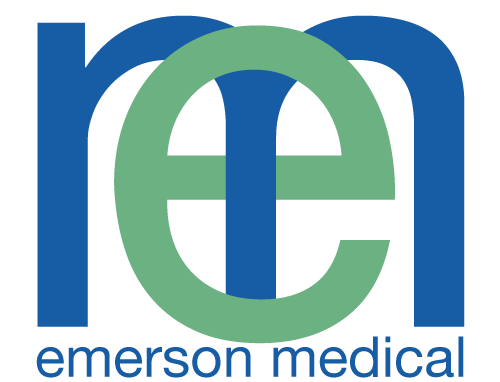Because few of us consistently eat a well-balanced diet, taking an over-the-counter multivitamin is a good idea. Maintaining a balance of the vitamins we need is important yet tricky. While vitamins work together in the body to ensure our health — the most obvious being the way vitamin D aids in absorbing calcium — the interaction between vitamin supplements and prescribed medications can cause health problems.
For example, calcium can interact with some pharmaceuticals, limiting the body’s ability to absorb the prescribed medication. So whenever your doctor gives you a new prescription or changes one, it’s important to discuss all of the vitamin and mineral supplements you’re taking to avoid any potential problems.
Some people take large amounts of supplements — hundreds or thousands of times more than the recommended amount — to treat or prevent illnesses or diseases, in effect treating vitamin supplements like drugs. Using supplements as therapy should be done only with a doctor’s guidance, as side effects and complications can and do occur. As an example, niacin or B3, in high doses can harm the liver, however in many cases niacin is a good drug for reducing cholesterol levels.
Even some very familiar advice isn’t yet proven medical theory. When you look at the use of large doses of vitamin C (to combat colds), the evidence to date is kind of murky.
To evaluate any supplement as a medical treatment, consider the body of evidence supporting any health claims and seek information from your family doctor.
If you have questions, please consult your physician. If you live in the Staten Island area, we would be happy to discuss this with you. Contact our office at 718-448-3800 to schedule an appointment.

